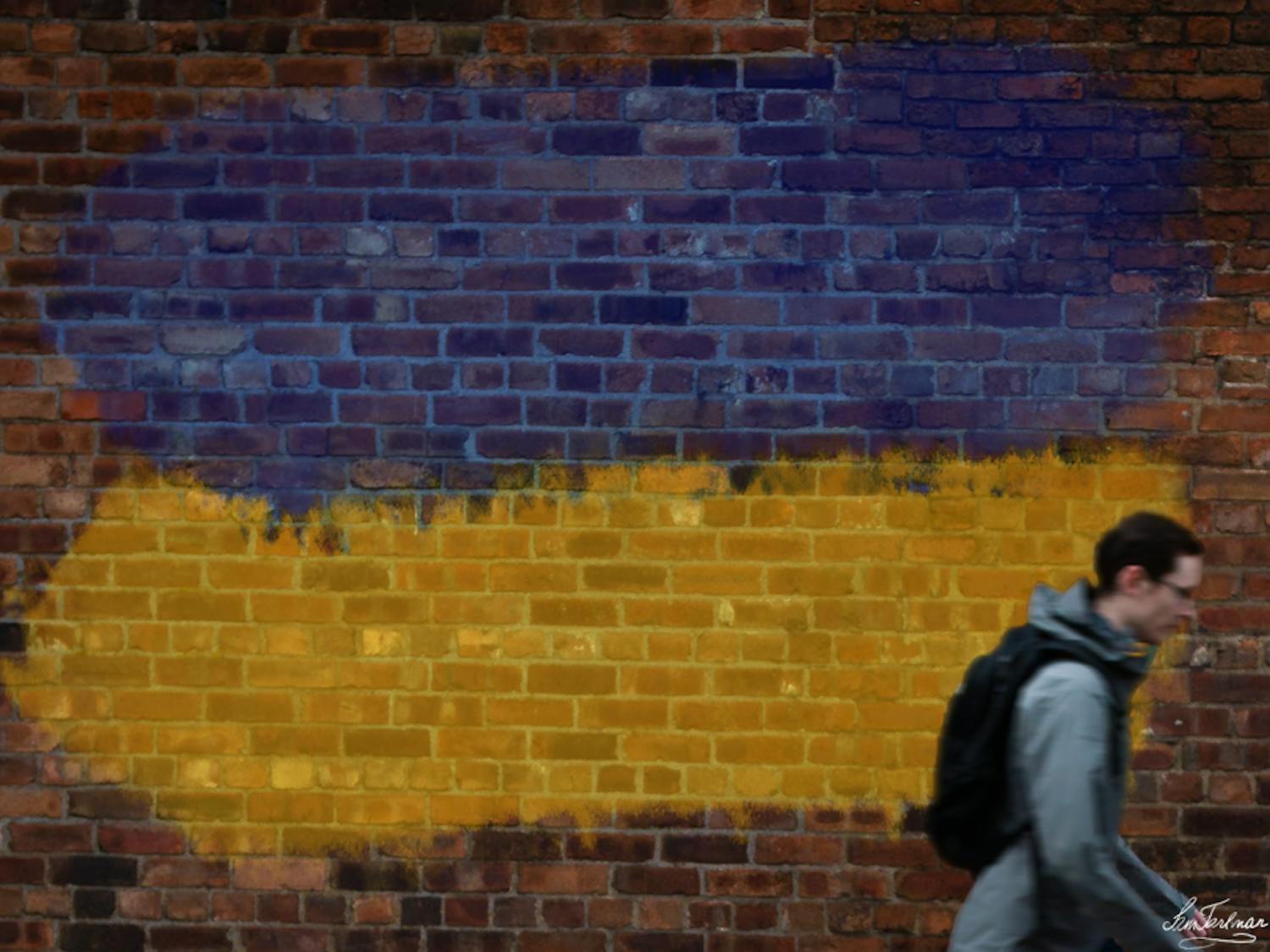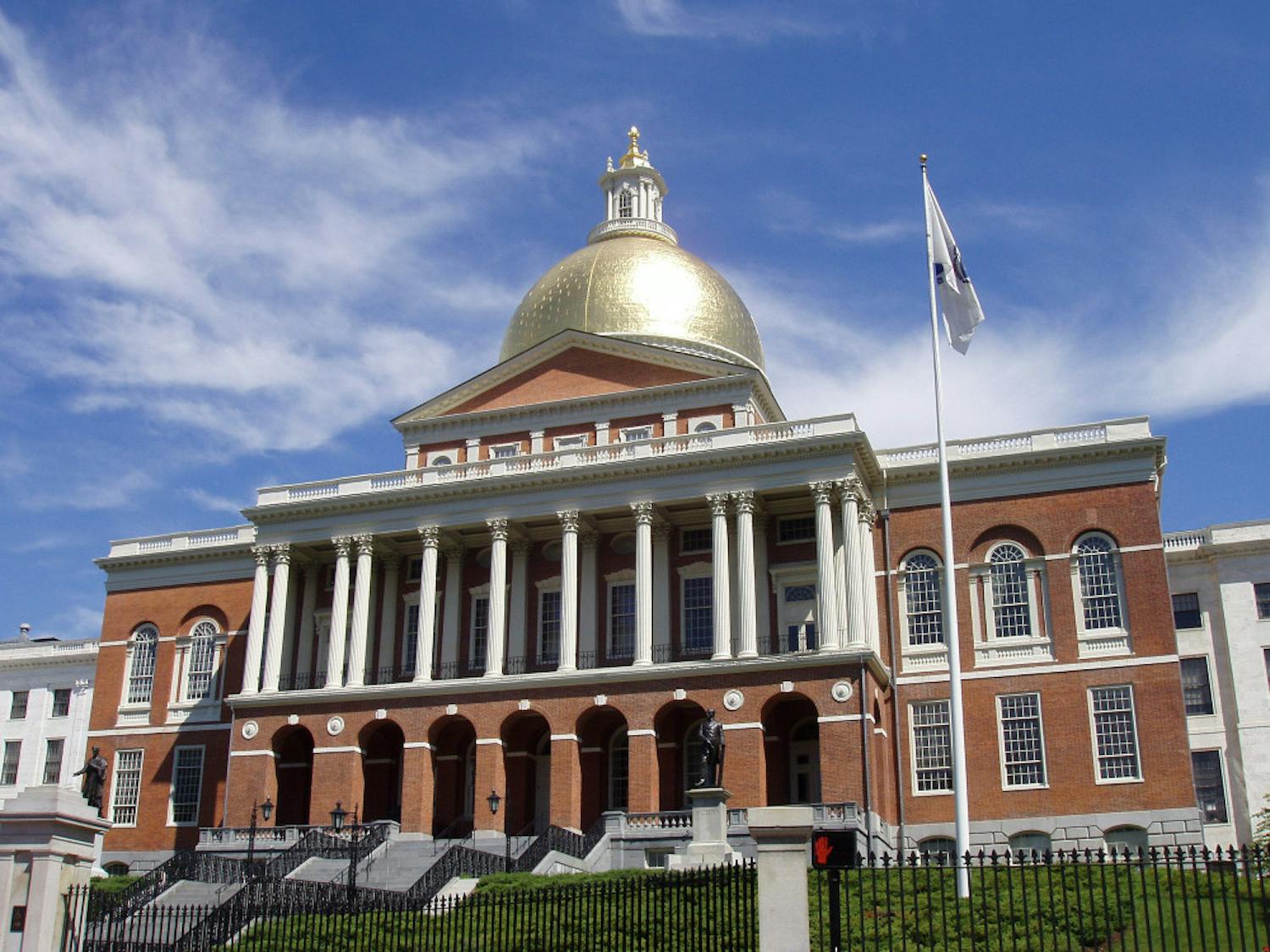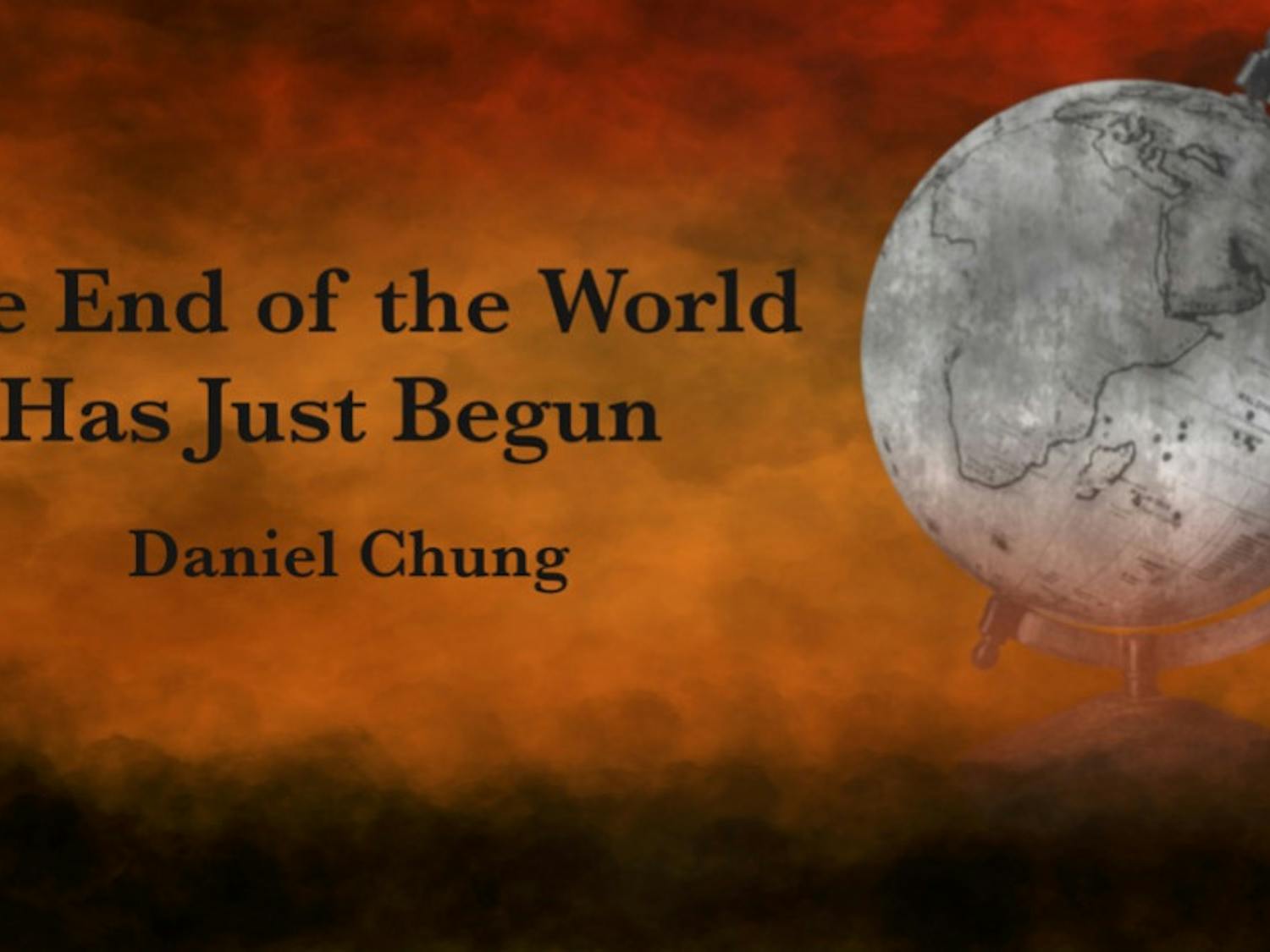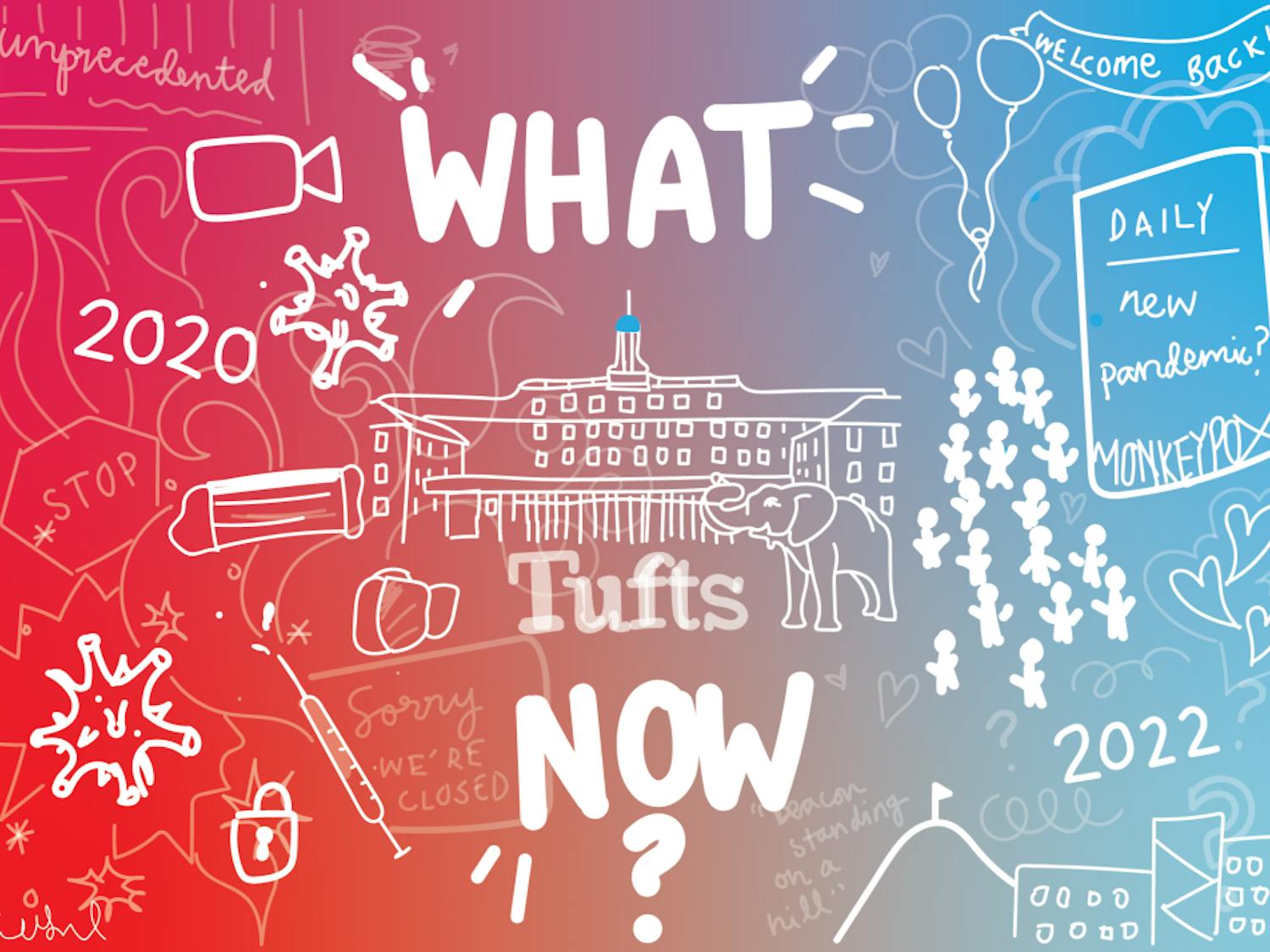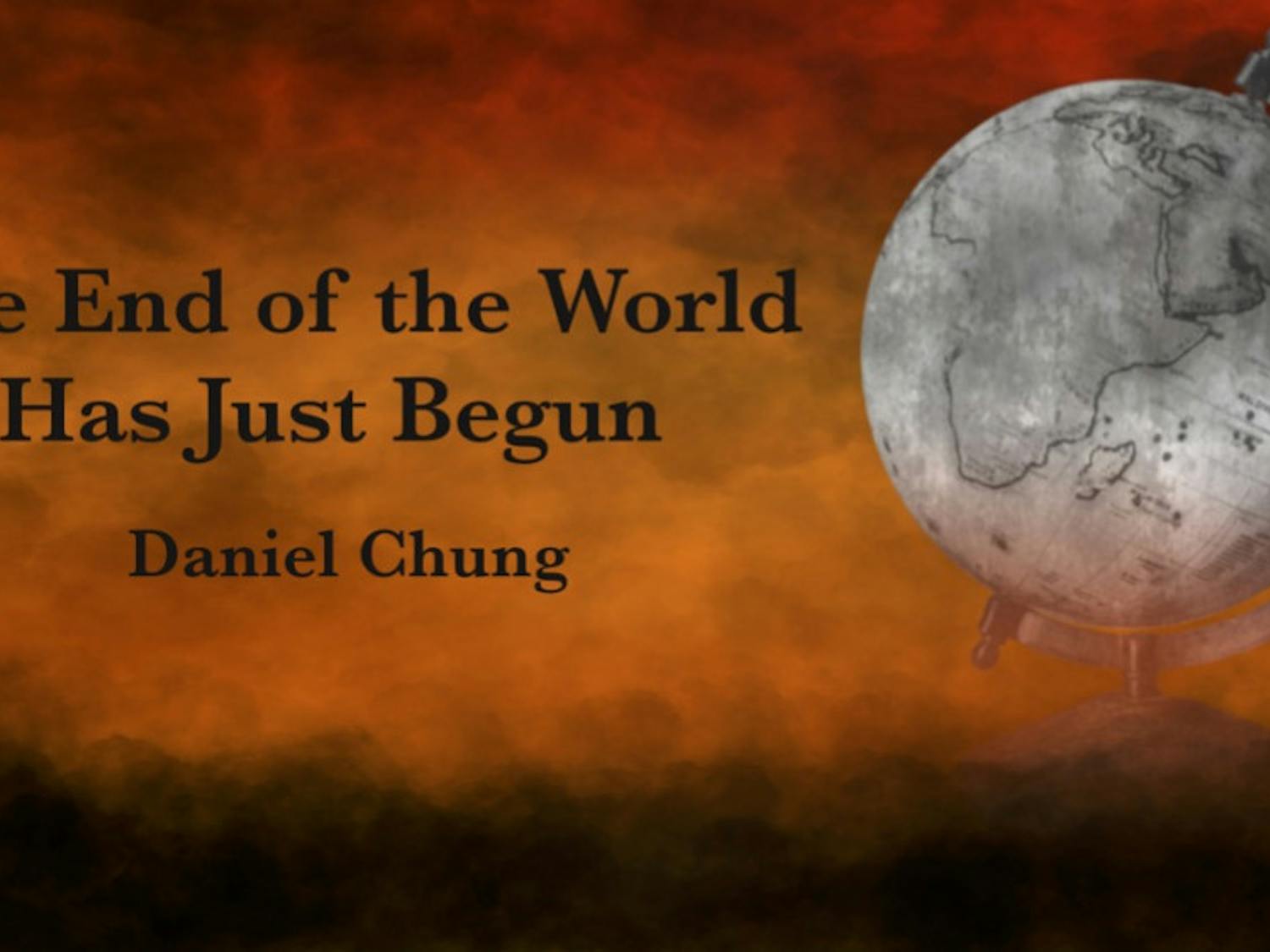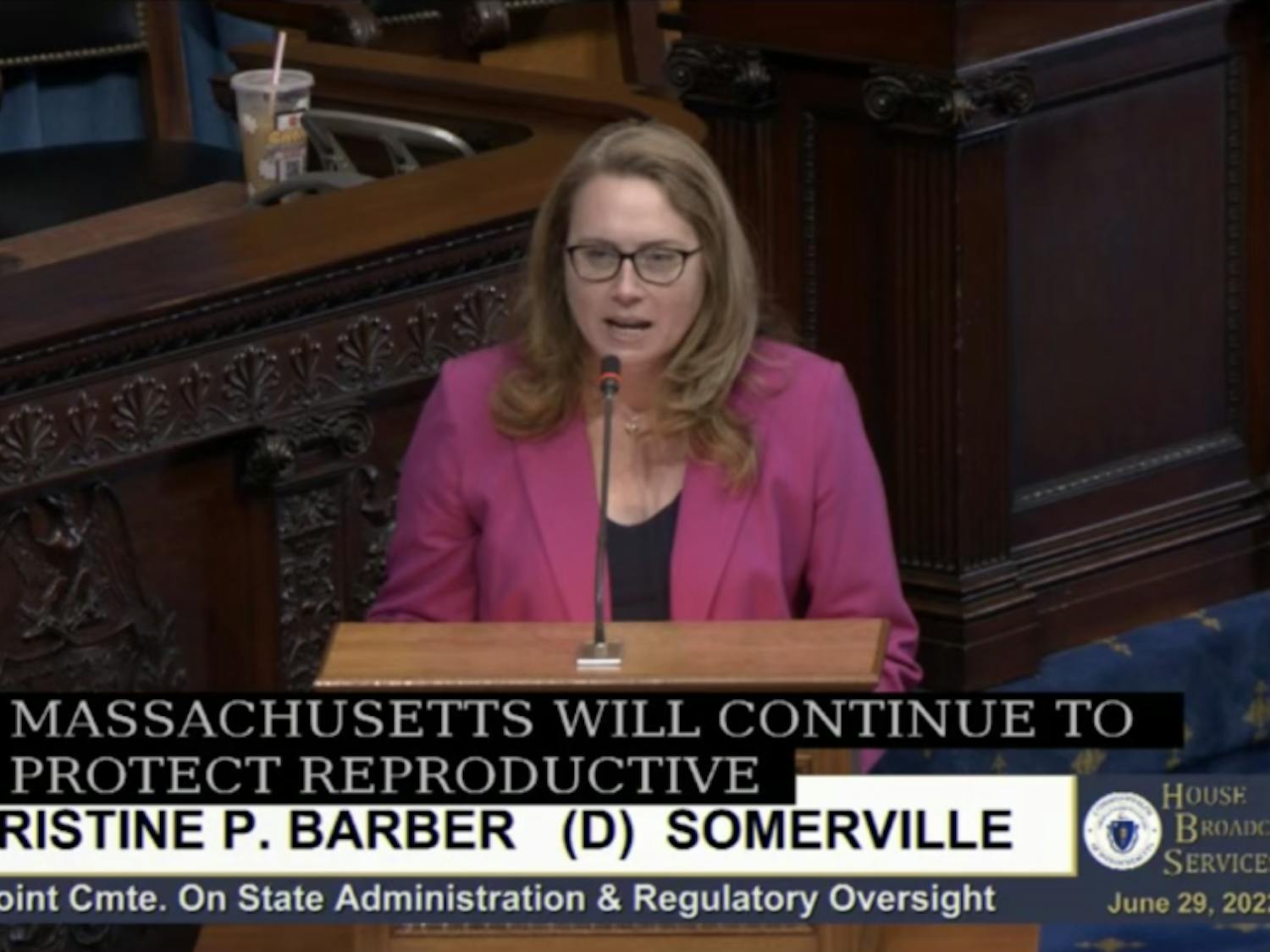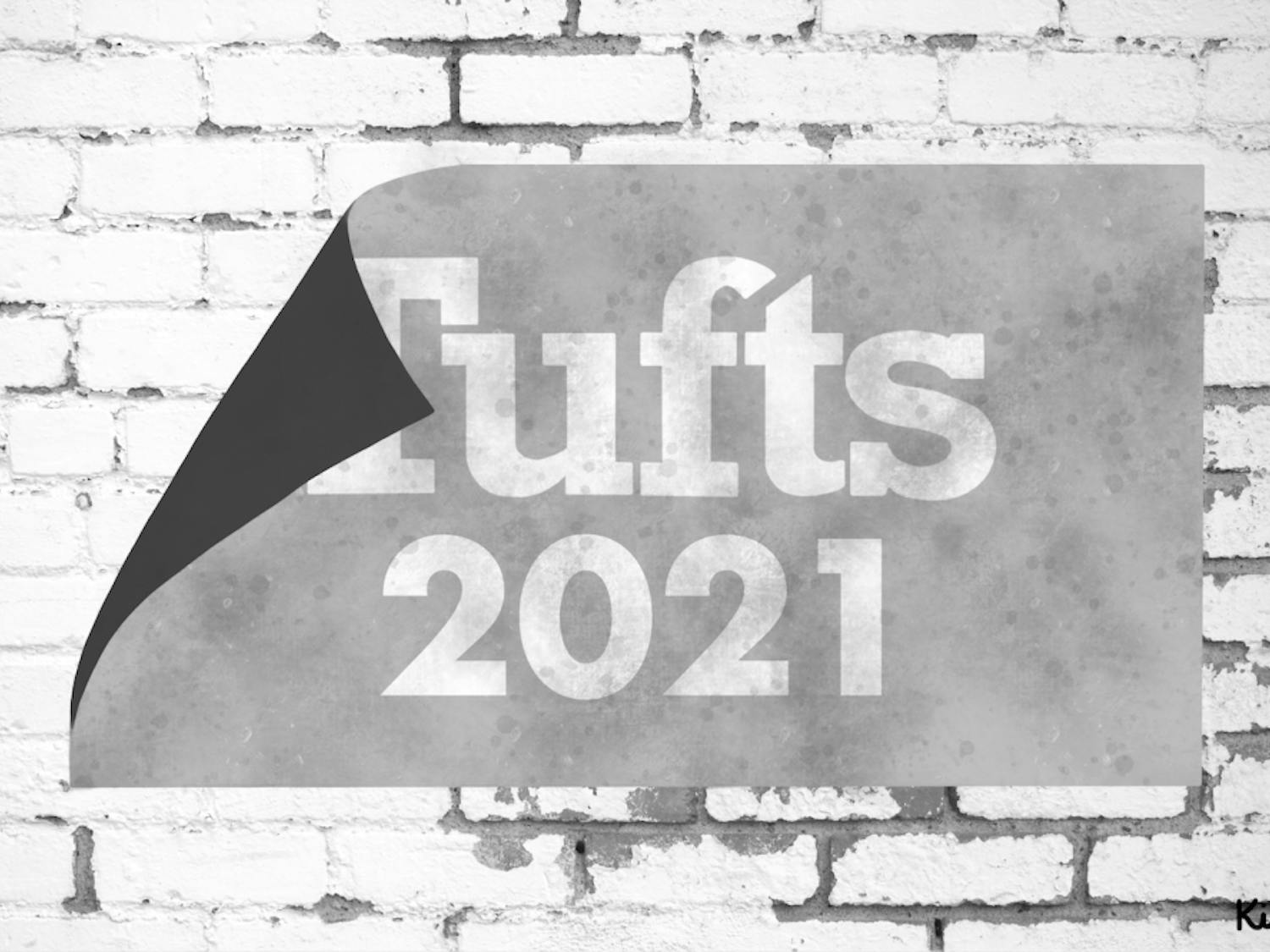Yes, it’s still happening: Refocusing on the war in Ukraine
By Henry Murray | September 20In early 2022, Russia invaded Ukraine. Though Russia was certain of a swift victory over their neighbor, Ukraine has proved resilient over the last seven months. Reports on the war have been somewhat inconsistent, hampered by Russian authorities’ efforts to restrict the flow of information, at times explicitly targeting journalists.

